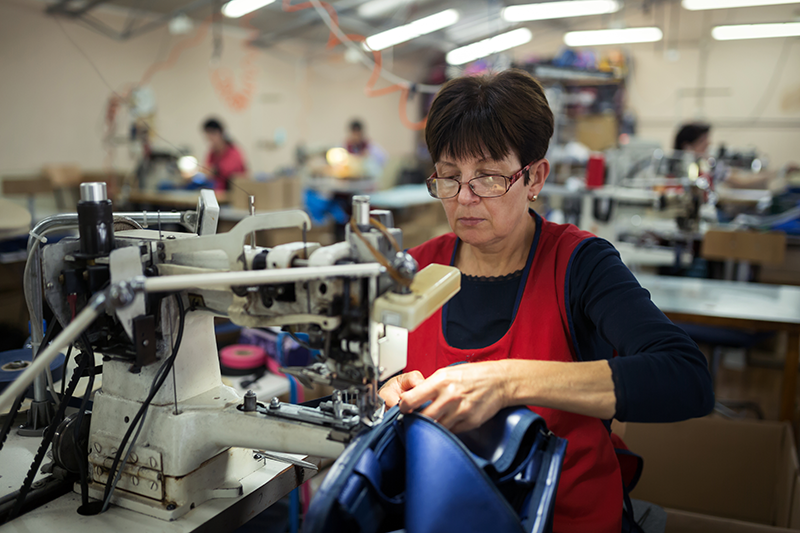EU context
Pilonul european al drepturilor sociale stabilește angajamentele UE privind salariile: dreptul lucrătorilor la salarii echitabile care să asigure un nivel de trai decent; asigurarea unui salariu minim adecvat; prevenirea sărăciei persoanelor încadrate în muncă.
Activitatea Eurofound
Eurofound raportează în mod regulat diferitele aspecte ale salariilor și veniturilor în lumina schimbărilor economice din Europa.
Monitorizarea salariilor
Prin intermediul propriului său Observator european al vieții profesionale (EurWORK), Eurofound compilează un set de informații în materie de salarizare. Caracterul regulat al raportării generează o serie mai lungă de observații privind salariile convenite colectiv, făcând astfel posibilă urmărirea tendințelor. Eurofound publică actualizări periodice privind salariile minime legale și salariile convenite prin acord colectiv. Sunt monitorizate și evoluțiile la nivel național în raport cu mecanismele de stabilire a salariilor, egalitatea de remunerare, remunerarea variabilă, salariile mici și disparitatea salarială de gen.
Profilurile pe țări privind viața profesională conțin informații referitoare la salarizarea la nivel național și sunt actualizate periodic. EurWORK gestionează două baze de date privind salarizarea (vezi resursele de mai jos).
Monitorul European al Locurilor de Muncă (EJM) al Eurofound evaluează schimbările în materie de ocupare a forței de muncă, în funcție de diferite măsuri calitative, inclusiv de salarizare. În special, acesta contribuie la cunoașterea noastră a fenomenului polarizării forței de muncă – adică, măsura în care creșterea ocupării ar putea fi mai pronunțată în partea de sus și de jos a distribuției salariale decât în partea de mijloc.
Datele de anchetă
De asemenea, sondajele Eurofound monitorizează condițiile salariale din UE. Aspectul salarial reprezintă tema centrală a cercetării Eurofound în evaluarea calității muncii. În cadrul Sondajului european privind condițiile de muncă (EWCS), câștigul salarial este unul din cei șapte indicatori ai calității locului de muncă. EWCS abordează și disparitatea salarială de gen. Explorați instrumentul interactiv de vizualizare a datelor EWCS.
Sondajul european privind calitatea vieții (EQLS) monitorizează impactul veniturilor asupra nivelului de trai și modul în care inegalitatea veniturilor se raportează la coeziunea socială și bunăstare. Acesta analizează modul în care criza a afectat familiile, cu accent pe familiile cu venituri mici, datoria gospodăriei și grupurile cu risc de sărăcie. De asemenea, EQLS culege informații privind venitul obținut la pensie și opțiunile de prelungire a vieții active. Explorați instrumentul interactiv de vizualizare a datelor EWCS.
Sondajul european în rândul întreprinderilor (ECS) abordează utilizarea schemelor de salarizare variabile în instituții, precum și asigurarea angajaților din aceste instituții prin acorduri colective de salarizare. Sondajul permite corelarea informațiilor despre remunerarea variabilă și negocierea salariilor cu informațiile despre organizarea muncii, managementul resurselor umane, participarea directă a angajaților și dialogul social, precum și cu performanța și bunăstarea la locul de muncă.






























